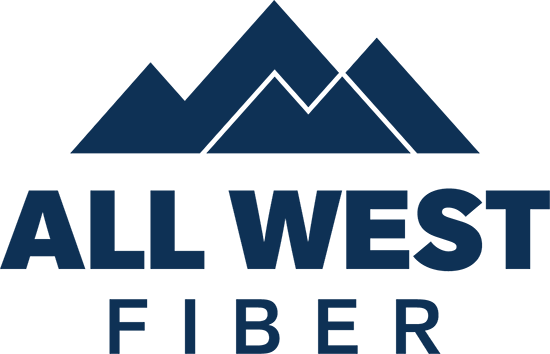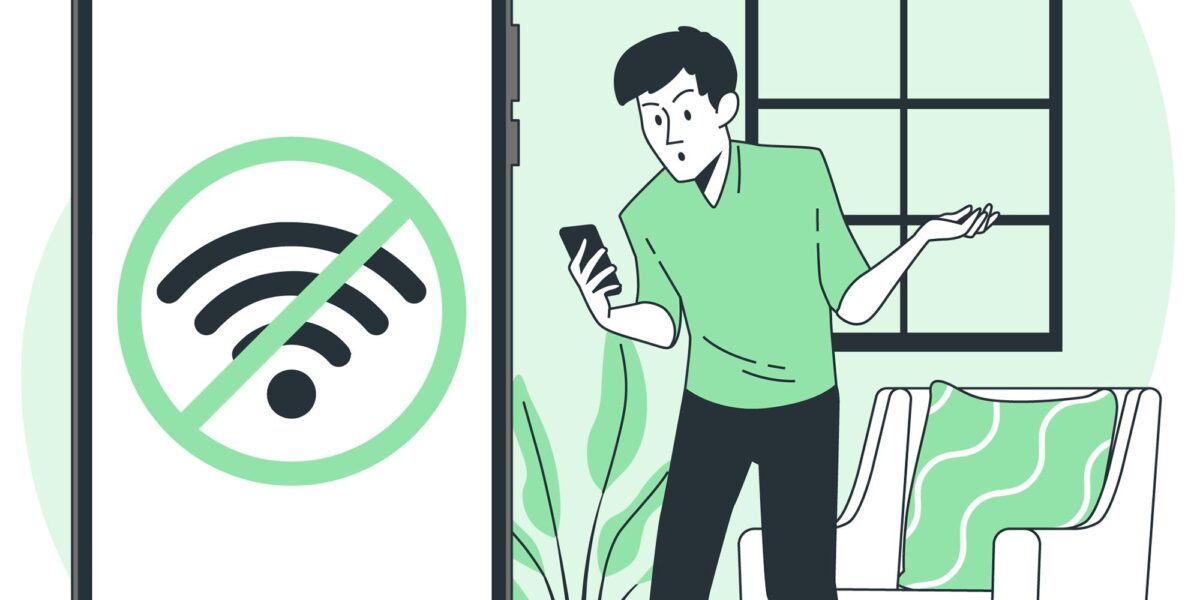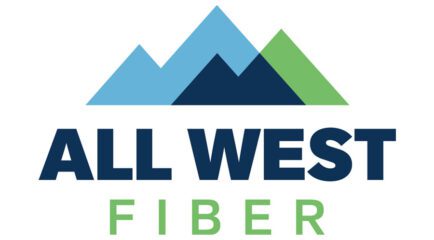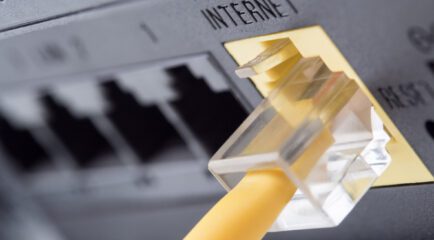5G Internet vs. Fiber: Reliability Showdown for 2025
Choosing between 5G home internet and fiber internet can be a tough call for households, remote workers, gamers and small business owners. With so much riding on a stable, high-speed connection—from streaming and video calls to cloud backups and smart home devices—reliability is key. In this post, we’ll break down the pros and cons of 5G internet vs fiber, help you understand how each works, and explain why fiber remains the most reliable option in 2025.
Explore Residential Internet Services
Understanding Fiber Internet
Fiber internet uses strands of glass or plastic to transmit data as pulses of light. This enables incredibly fast and consistent data transmission over long distances with minimal interference.
Benefits of fiber internet:
- Symmetrical speeds for uploads and downloads
- Stable performance, even during peak hours
- Unaffected by weather or physical obstructions
- Ideal for remote work, 4K streaming, and gaming
Want to know how fast fiber really is? Learn more about fiber internet speeds
Understanding 5G Home Internet
5G home internet relies on cellular networks to deliver wireless broadband. It uses millimeter wave (mmWave) or sub-6 GHz frequencies, depending on the provider and location.
Pros of 5G home internet:
- Quick installation with no cables or technicians
- Expanding coverage, especially in urban and suburban areas
Drawbacks of 5G home internet:
- Performance varies based on proximity to a cell tower
- Susceptible to interference from weather and buildings
- Speeds fluctuate during high network congestion
Curious about fast speeds? Find out if 1000 Mbps is fast enough.
Fiber Internet vs. 5G Home Internet: Key Comparison
Speed
- Fiber: Offers consistent gigabit-level speeds; excellent for high-bandwidth tasks.
- 5G: Can reach high speeds, but performance is inconsistent.
Winner: Fiber
Latency
- Fiber: Ultra-low latency, essential for video conferencing and online gaming.
- 5G: Lower latency than 4G but still higher and more variable than fiber.
Winner: Fiber
Reliability (weather, congestion, distance)
- Fiber: Not affected by weather, distance, or network congestion.
- 5G: Signal can degrade with weather, distance from the tower, or congestion.
Winner: Fiber
Setup and Installation
- Fiber: Requires infrastructure; may need professional installation.
- 5G: Typically plug-and-play with minimal setup.
Winner: 5G
Future-Proofing
- Fiber: Scalable and capable of supporting future internet demands.
- 5G: Advancing rapidly, but still dependent on cellular infrastructure and local conditions.
Winner: Fiber
Which Is More Reliable for Your Needs?
Choose fiber internet if you:
- Work remotely and need consistent video call quality
- Stream in high definition or manage smart home devices
- Live in a rural area with established fiber infrastructure
- Run a small business from home and rely on cloud tools
Choose 5G home internet if you:
- Need a quick and temporary setup
- Live in a densely populated urban area
- Don't have access to fiber infrastructure yet
Explore Business Internet Services
Final Verdict: Why Fiber Is the More Reliable Choice
When it comes to 5G vs fiber, 5G offers flexibility and faster setup, but fiber wins the reliability showdown in every other category. Whether you're streaming, working from home, managing a smart household, or running a small business, fiber delivers the speed, stability, and long-term value that modern internet users need.
All West Communications proudly offers fast, dependable fiber internet built to support your needs today and in the future.
